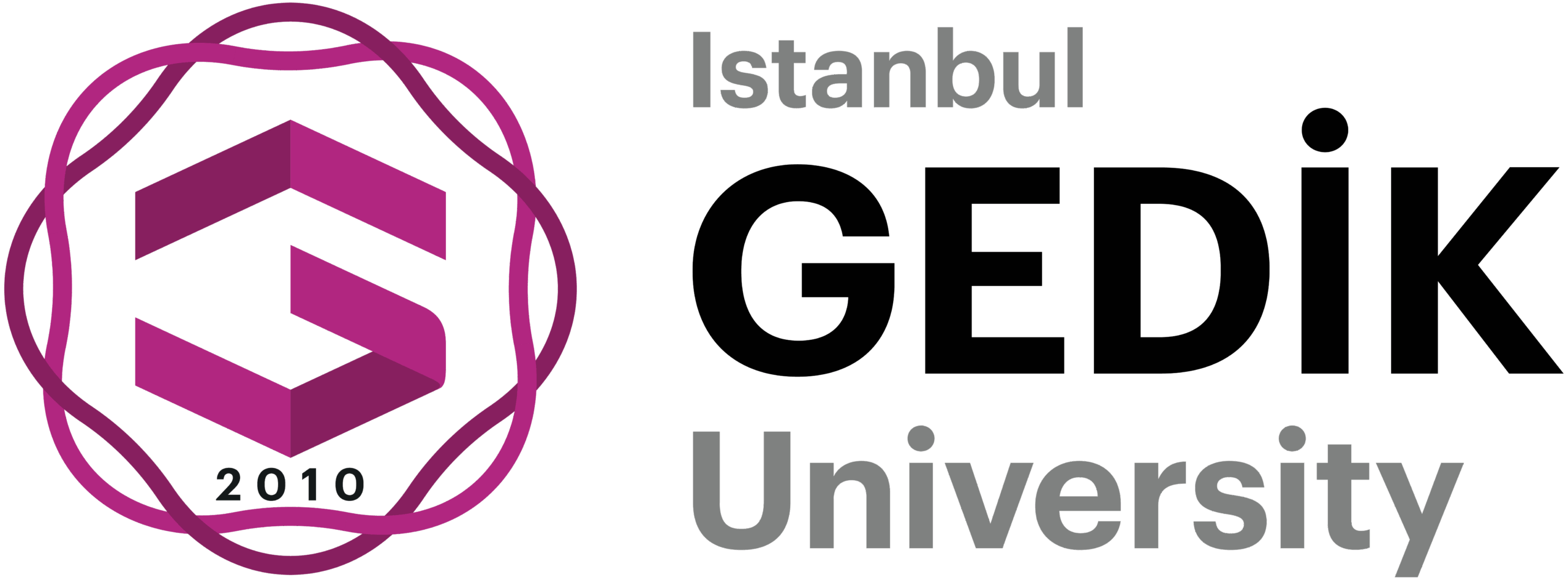Software Engineering holds critical importance both nationally and internationally in today’s rapidly advancing technological landscape. This discipline plays a significant role in the innovation and growth of key sectors such as healthcare, communication, energy, automotive, and defense, becoming increasingly indispensable over time. Our department offers a continuously updated curriculum that aligns with current technologies and industry developments, aiming to train competent individuals in this field.
The primary goal of our Software Engineering Department is to produce ethical, research-oriented, solution-focused, and innovative software engineers. Our graduates emerge as professionals capable of effectively utilizing information technologies in software development, data processing, and solving industrial problems. Our curriculum includes essential and advanced courses covering topics such as basic and advanced programming, data structures, database management, systems analysis and design, project management, software architecture, and human-computer interaction. Additionally, elective courses in advanced areas such as mobile and web application development, game programming, artificial intelligence, and expert systems further enrich the program.
The demand for software engineers is rapidly increasing across all sectors in today’s business world. From telecommunications to the entertainment industry, banking to education and manufacturing, public institutions to the private sector, there is a growing need for software engineering experts. Our department aims to train engineers who can meet these demands, adapt to rapid technological changes, and become pioneers in their field.
Mission:
The Software Department of our university has adopted the mission of educating individuals who can develop innovative, sustainable and ethical software solutions in the field of information technologies. By encouraging our students to specialize in software development, data analytics, cyber security, artificial intelligence and other advanced technologies through scientific research, collaboration with industry and applied learning approach, they are supported to become leading engineers who provide added value on a local and global scale.
Vision:
The vision of our Department of Software Engineering is to be a nationally and internationally recognized department that leads the needs of the sector with high quality education and research activities, closely follows technological developments and pioneers these developments. Our aim is to contribute to the digital transformation of society and to guide future software engineers to produce solutions that consider social benefit and sustainability.

